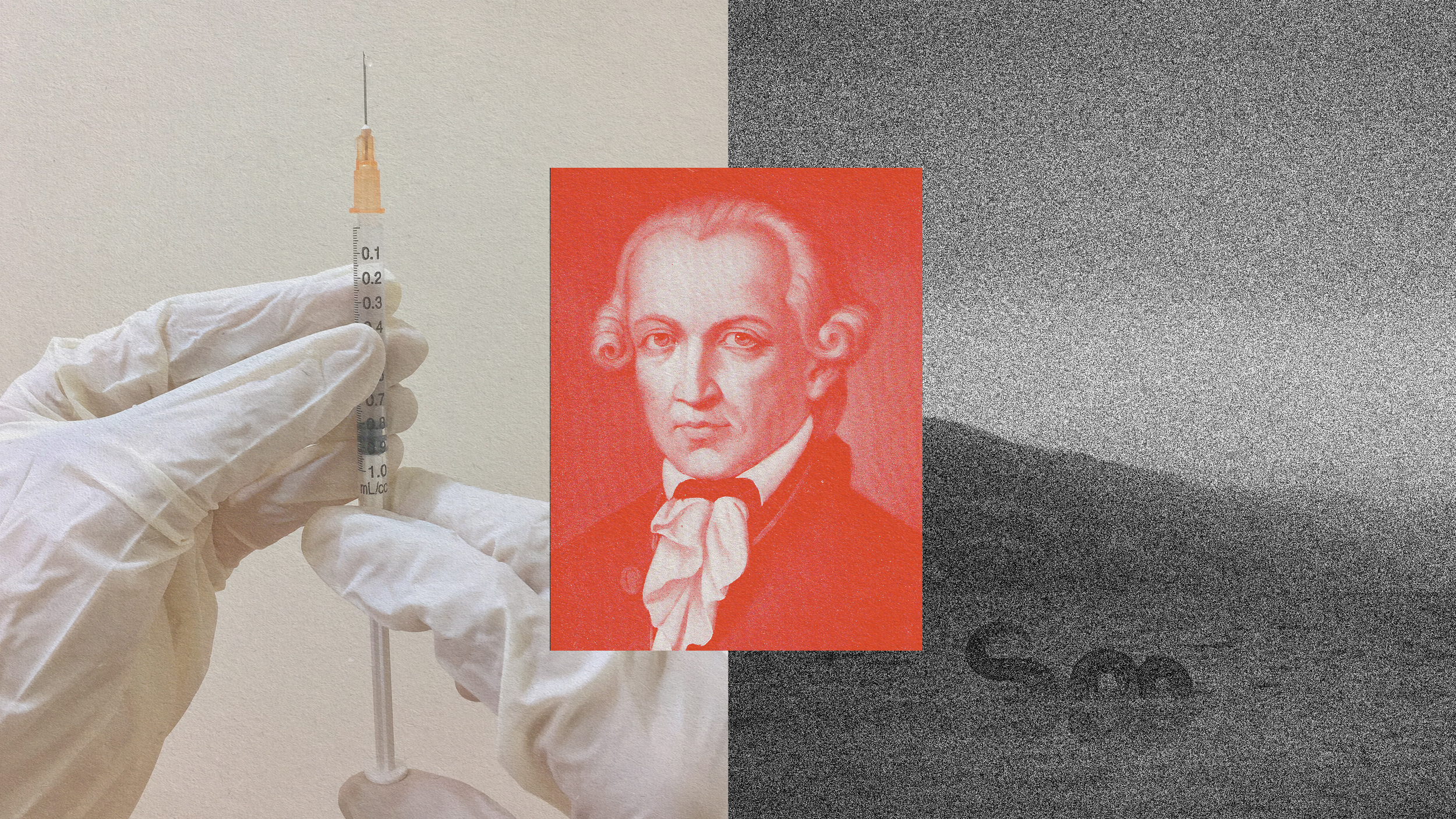The anti-vax movement is making waves globally: U.K. loses “measles-free” status

- The UK has lost its World Health Organization “measles-free” status.
- Measles has spread in America and over 10 countries in Europe, including the UK.
- Anti vaccination factions, disinformation and negligence all contribute to the spread of curable infectious diseases.
An outbreak in the number of measles cases in the UK has resulted in the country losing its World Health Organization dedicated “measles-free” status. The culprits responsible for this decline: anti-vaxxer disinformation and low vaccination turnout.
Three years after the UK had originally eliminated measles, (WHO) has just confirmed 231 cases of the disease from the first quarter of 2019. In 2016, the country managed to stop the disease in its tracks with a 95 percent coverage vaccination cover rate which led to herd immunity.
A blog post by the UK government details the organization’s reasoning for reneging their measles-free status. There was a total of 991 confirmed cases in England and Wales during 2018. Additionally, there was a continual detection of the same measles virus (B3 Dublin) for 12 consecutive months. From this information, they’ve determined that the transmission of measles has been reestablished.
We’re seeing an uptick in measles cases because not enough people are being vaccinated both at home and abroad. Until measles is eliminated globally, we can continually expect outbreaks to appear in previously safe countries.
Prime Minister Boris Johnson has called on health leaders to address the issue. Current statistics show that current second round vaccinations for children in the UK is at only 87.2 percent. Mary Ramsay, of the government agency Public Health England, states, “Anyone who has not received two doses of MMR vaccine is always at risk.”
World governments need enact better vaccination policies or else this harrowing trend will only continue.
How to turn the tide against future outbreaks
Measles is an old disease we learned how to take care of long ago. It’s also one of the most infectious diseases that we know about. Ignorance and blatant disinformation campaigns are not acceptable.
UK officials are already working on putting up information on the NHS website to address misleading information about vaccines. The government is also urging social media firms to block anti-vaccine messages. Jo Churchill, junior health minister recently told BBC Radio 4’s Today programme that they need the assistance of social media companies in order to ensure that “…misinformation is taken down, and that we give people the correct information that they can help keep their children safe.”
Measles has already spread to ten different European countries.
On top of people deliberately avoiding vaccination for their children, some people aren’t following up on their shots because they believe that measles no longer poses any risk. In situations when a disease like measles is eradicated, people start to believe the disease isn’t around anymore.
Boris Johnson reiterated the importance of getting parents to vaccinate their kids.
“From reassuring parents about the safety of vaccines, to making sure people are attending follow-up appointments, we can and must do more to halt the spread of infectious, treatable diseases in modern-day Britain.”
Disturbing international anti-vaxxer trends
Americans have already suffered a record high measles outbreak in 2019.
The Center for Disease Control and Prevention recently published a report showing that there were 1,172 cases so far with 124 hospitalizations and 64 reported serious health complications.
“The majority of cases are among people who were not vaccinated against measles. More than 75 percent of the cases this year are linked to outbreaks in New York and New York City. Measles is more likely to spread and cause outbreaks in U.S. communities where groups of people are unvaccinated,” the CDC wrote.
Different shades of the anti-vax movement is behind the resurgence of measles. Andrew Wakefielld’s infamous and false 1998 study originally lumped together the measles, mumps, and rubella (MMR) with autism. It was widely spread and became the impetus for the movement. A small minority of credulous simpletons still believe vaccinations cause autism.
Other faction’s have diverged and have come up with other reasons for opposing vaccination. These reasons include a mistrust of science and government agencies, belief in conspiracy theories and alternative disease treatment.
Researchers have found that the best way to counter this misinformation is relatively straightforward: by introducing anti-vaxxers to people who’ve suffered from vaccine-preventable diseases. It seems like some up close and personal experience is enough to tighten those loose screws in the mind of an anti-vaxxer.
The emergence of a treatable disease is a disconcerting trend. It’s not something to be taken lightly or be on the fence about. What’s happening in the UK is a warning sign that we need to shift our policies to completely eradicate a once vanquished threat.





